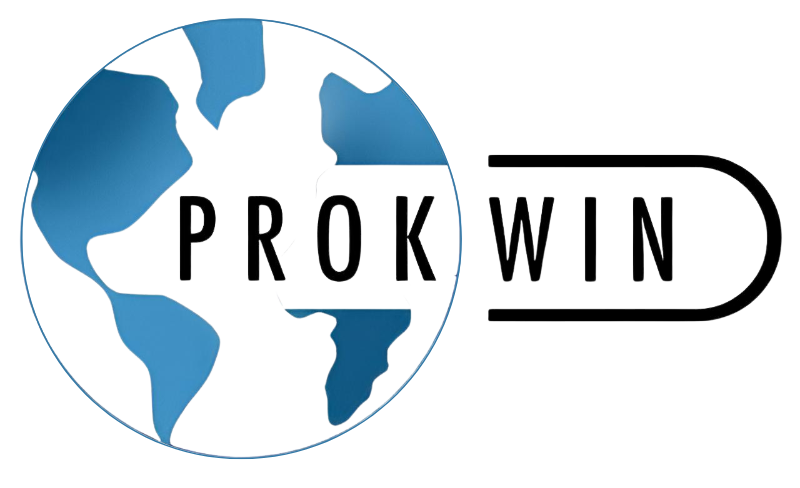Happy New Year to everyone! Best wishes for 2025—may this year bring you everything your heart desires. 💫
To kick off the year, I want to make it clear that 2025 is the year we educate our stakeholders on what procurement truly is. It’s time to challenge outdated perceptions and fight the mischaracterization of our function as a “dumping ground.”
In every company I’ve worked for, the procurement department has often been treated as the default function where anyone could be moved—whether they were waiting for a new position, expecting a promotion…
The assumption has always been: ‘Anyone can handle procurement—after all, we all know how to buy things!’ This perception has shaped a branding around procurement as a function that requires no particular skills to place a purchase order.
While some of us have been fortunate enough to develop a strong passion for procurement, to see its added value and to educate ourselves in this field, not everyone shares the same desire. Unfortunately, training in procurement is still not seen as a necessity.
In fact, as recently as last year, I witnessed this mindset firsthand. Many individuals were moved into procurement roles without being offered any training, coaching, or mentoring. They were simply expected to place orders and manage the procure-to-pay (PTP) process—something they had never even heard of before.
Thankfully, times have changed, and the perception of procurement continues to evolve.
Here’s a breakdown of why this “Dumping Ground” perception has existed and how it’s thankfully changing:
Historical Reasons:
- Lack of Clear Definition: Procurement has often been seen as simply “buying stuff,” lacking the strategic and sophisticated image of other departments like marketing or finance.
- Internal Politics: When companies downsize or restructure, roles can be eliminated or merged. Procurement, due to its perceived “simplicity,” became a convenient place to “park” people temporarily.
- Limited Visibility: Procurement often operates behind the scenes, its impact on the bottom line not always readily apparent to senior management.
The Changing Landscape:
- Strategic Importance: Procurement is increasingly recognized as a strategic function that can significantly impact a company’s profitability and competitiveness.
- Focus on Value: The emphasis is shifting from simply buying goods to optimizing value and building long-term relationships with suppliers.
- Technological Advancements: E-procurement systems, data analytics, and AI are transforming procurement, requiring specialized skills and knowledge.
- Talent Development: Companies are investing in developing specialized procurement talent through training programs, certifications, and career paths.
Addressing the “Dumping Ground” Perception:
- Clear Roles and Responsibilities: Defining clear roles and responsibilities within the procurement function.
- Investing in Talent: Attracting and retaining top talent through competitive salaries, benefits, and career development opportunities.
- Promoting Procurement’s Value: Communicating the strategic importance of procurement to senior management and across the organization.
- Building a Strong Procurement Brand: Creating a positive image of procurement as a strategic and professional function within the company.
It’s encouraging to see that the perception of procurement is evolving. As the field becomes more strategic and sophisticated, it will attract and retain top talent, leading to greater value creation for organizations.
However, the perception that procurement is easy is remaining and might stem from a few factors:
- Limited Understanding: Many people may not fully grasp the complexities of procurement, viewing it as simply buying things.
- Everyday Purchasing: Everyone makes purchases in their daily lives, leading to an assumption that professional procurement is similar.
- Lack of Visibility: Procurement often operates behind the scenes, making its importance less apparent.
The Reality: Procurement is a Specialized Field
Procurement is a strategic function that requires a deep understanding of:
- Supply Chain Management: Understanding the FLOW of goods and services, from sourcing to delivery. EtoE concept.
- Contract Management: Drafting templates, understanding international laws, mastering negotiation tactics, & risk management.
- Market knowledge & analysis: Analyzing market trends, identifying potential suppliers, and assessing their capabilities.
- Financial Acumen: Understanding budgeting, cost analysis, return on investment, impact on cash flow, …
- Strategic Sourcing: Developing long-term relationships with suppliers to optimize value and reduce costs.it is not about short term!
- ESG
- Technology
- Engineering and Technical accumen
- …


No responses yet